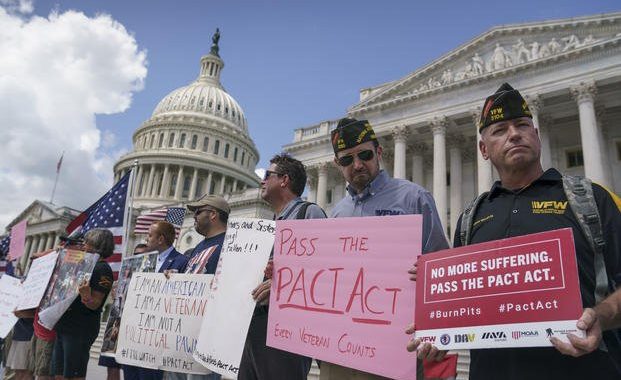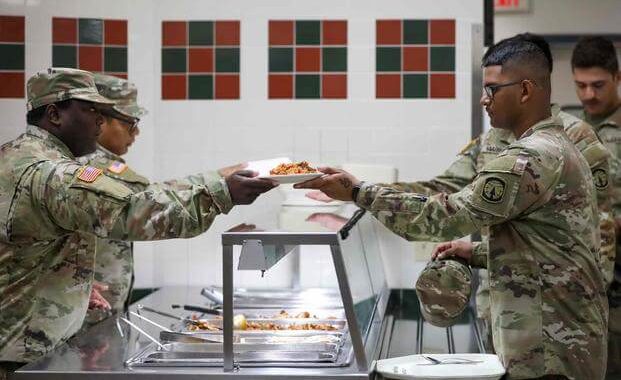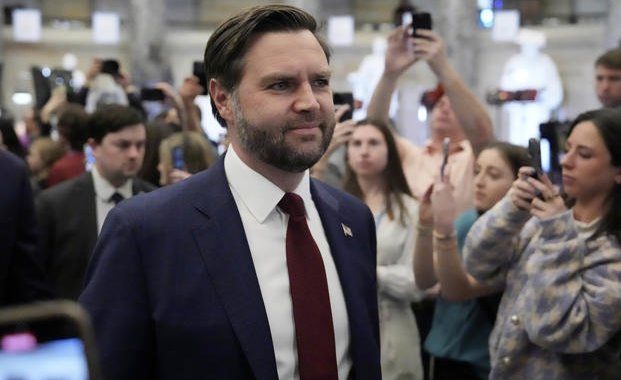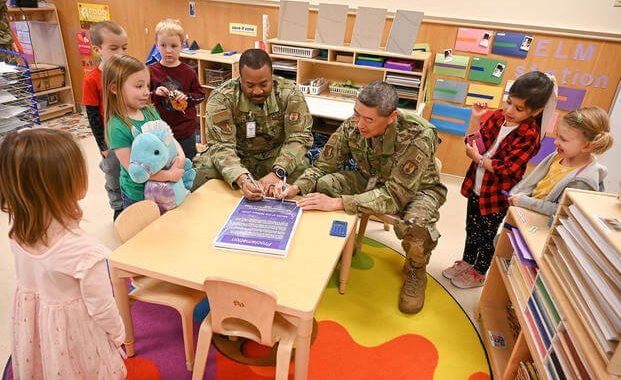The 9 Biggest Challenges Biden will Face on Covid-19, from Today On
6 min read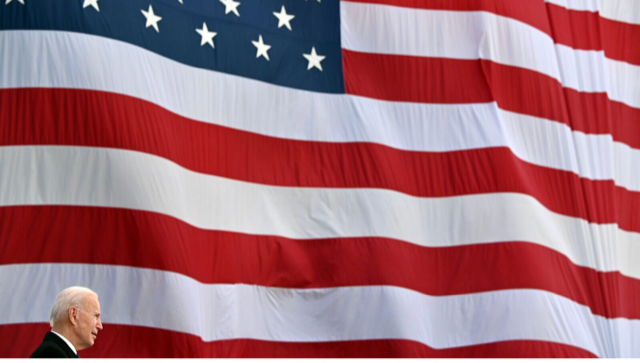
WASHINGTON — No president wants a federal emergency. No one in that role is waiting to call in FEMA reservists or deploy the National Guard.
But on Wednesday, after Joe Biden raises his right hand and swears his oath to preserve, protect, and defend the U.S. Constitution, that’s exactly the plan. Their mission: to set up a slew of new vaccination clinics.
The 20,000-strong FEMA workforce normally responds to the types of events that dominate 24-hour news cycles and leave towns and cities flattened to the ground, like the hurricanes and wildfires that have ravaged New Orleans and New York or California. FEMA can only deploy, in fact, when state and local governments decide they are incapable of responding on their own to whatever act of God is battering their community.
The National Guard’s more than 400,000 troops are often called on to respond to natural disasters, but they’re better known as the shock troops brought in to quell civil unrest: They were the ones clashing with rioters in Washington, D.C., after the assassination of Martin Luther King Jr., in Los Angeles after the beating of motorist Rodney King, and in Baltimore after the death of Freddie Gray.
Nearly everywhere both entities go, controversy follows: FEMA’s response to Hurricane Katrina prompted the ouster of its director and federal legislation reorganizing the entire agency. The National Guard has been criticized for its heavy-handed crowd control tactics.
Biden’s reliance on both — starting from the very first day of his presidency — underscores the magnitude of the challenge facing his administration as they embark on trying to rightside the Covid-19 response. As of Tuesday, 400,000 Americans have died from Covid-19, and a new, more contagious strain of the coronavirus is rapidly gaining a foothold in the United States. Health care workers are dangerously tired, and issues that have plagued the United States since the start of the pandemic, like shortages of protective equipment, still aren’t solved. Meanwhile, Biden will inherit a Congress that has shown itself unwilling to pony up the level of support needed to combat the pandemic, and a spate of Republican governors who seem outright willing to thumb their noses at his efforts.
“We are at a crisis point and Biden’s making that perfectly clear,” said Stephen Morrison, director of the Center for Strategic and International Studies’ Global Health Policy Center. “It’s proof of seriousness: When you say the National Guard will be there, there will be 100 mass vaccination sites, that is a pretty good retort to the chaos and incompetence that we have seen by Trump.”
Below, the nine biggest challenges that now confront a President Biden, wrangling an out of control pandemic.
Suppressing the current spread of Covid-19
The state of the U.S. Covid-19 epidemic is not good. Daily cases have started to come down a bit, but they have been so high that lots of people will still get sick, even if infections keep trending in the right direction. It’s not like hospitals are all of a sudden going to be free of strain. What’s more, the country hasn’t really suffered the impact of more contagious variants of the virus yet, but they could fuel yet another rise in cases as they claim more territory in the United States or, at the minimum, make it harder to keep a lid on transmission.
The Biden administration has plans to try to suppress spread as it expands vaccinations, but elevated viral circulation in the country isn’t something the new president can alleviate with a snap of his fingers. Many states and communities also remain opposed to adding restrictions or implementing new measures that can more rapidly reduce transmission, either because of philosophical reasons or concerns about the subsequent economic or social costs.
“It’s going to take a while to turn this around,” Ron Klain
“It’s going to take a while to turn this around,” Ron Klain, Biden’s incoming chief of staff, who served as President Obama’s Ebola czar during the West African epidemic, said on CNN Sunday.
Even as months of difficulties await, there’s a sense that the country has not been grappling with all that’s been lost already during the pandemic. But Biden has signaled he might move that issue to the forefront. The night before his inauguration, he and Vice President-elect Kamala Harris spoke by the Lincoln Memorial’s reflecting pool about the 400,000 Americans that have been lost to Covid-19.
Changing minds on masks
One of the bigger inconvenient truths Biden will face is that in many ways, his power to shift nationwide pandemic-response policy is fairly limited. There’s no better example than policies to require mask compliance: Biden has no real authority to enact a nationwide mask mandate. He’s planning a first-day executive order to require people to wear masks in federal buildings and in the interstate travel facilities run by the federal government, like an Amtrak train (where there’s already a mask mandate in place), but that’s a tiny slice of public space. Practically, governors and mayors have far more authority to force people to mask up in the presence of others, and Biden’s best weapon for making Americans don face coverings is asking nicely and hoping they listen.
There’s good news and bad news for Biden: The good is that a large majority of Americans — three-quarters, roughly — support his call for governors and local officials to enact what would effectively be a nationwide mask mandate, according to a recent NPR/NewsHour/Marist University poll. The bad is that the remaining quarter of Americans remain at least somewhat resistant, particularly Republican men. President Trump, of course, has periodically mocked Biden’s enthusiasm for mask use and was almost never seen wearing a face covering in public even before he contracted Covid-19 in October.
Getting Americans to mask up will be critical during the early months of Biden’s tenure, with highly transmissible coronavirus variants spreading through the population, many hospitals stretched to capacity, and the country’s vaccination effort moving slower than anticipated. But it’s an open question whether Biden’s characterization of mask use as “a patriotic act” will resonate with those who, for whatever reason, still don’t buy the science that face coverings can lower your odds of being infected.
Setting up mass vaccination sites
Setting up 100 mass vaccination sites might sound pretty simple, but it’s not something the United States has much experience with.
FEMA and the National Guard both have already been involved to some degree in the nation’s Covid-19 response: A Department of Homeland Security webpage states that all 50 states are currently working with FEMA to respond to the Covid-19 pandemic. A smattering of states have already called in the National Guard to help coordinate mass vaccination efforts.
But by and large, setting up mass vaccination clinics is out of the ordinary for both entities.
“It’s going to stretch them,” said CSIS’ Morrison, regarding FEMA. “It’s not like they have their regional stockpile fitted out for vaccination campaigns. Their regional stockpiles are for hurricanes and fires.” Morrison, however, added that he thinks FEMA can handle the job.
Biden has insisted he wants 100 of these federal vaccination sites set up within a month, but it’s unclear how up to the job FEMA is, especially given FEMA has struggled with staffing shortfalls in recent months.


